JCAP
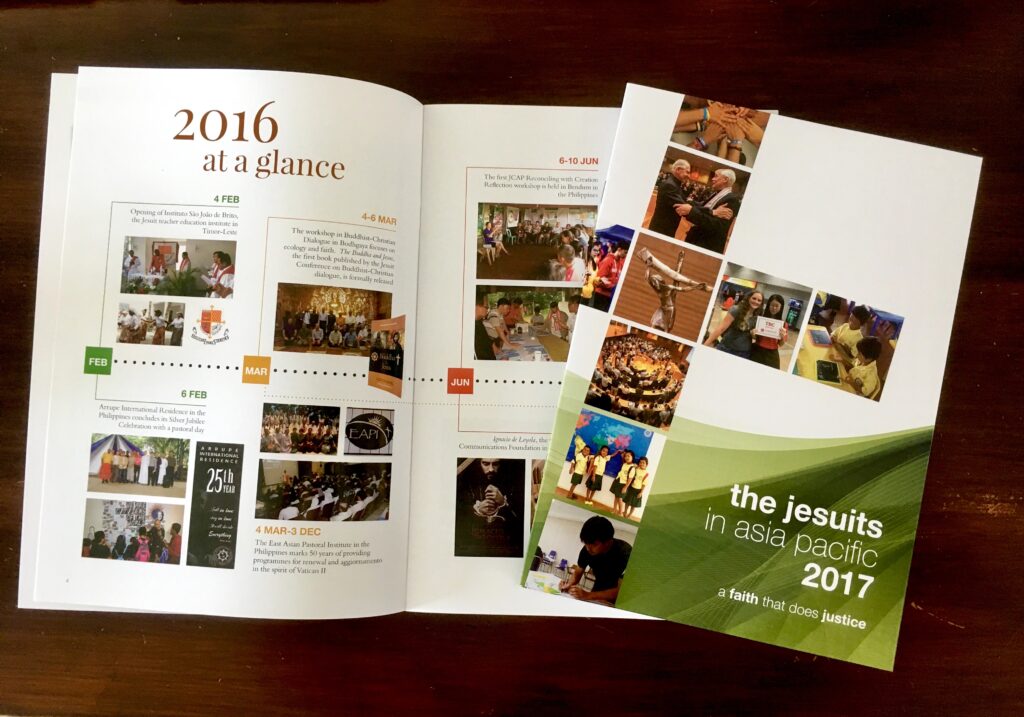
JCAP 2017 annual report highlights leadership development, youth ministry
This year’s annual report puts the spotlight on two firsts for the Jesuit Conference of Asia Pacific. The JCAP Leadership Development Programme was launched in...read more
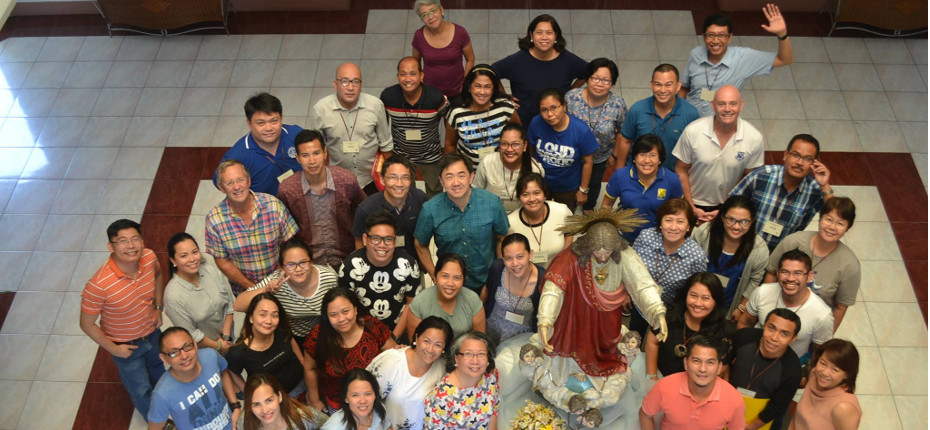
Communal discernment for Ignatian decision making in schools
Ignatian educators from four countries in Asia Pacific recently gathered in the Philippines to learn how to apply communal discernment as an added dimension to...read more

Rowing into the deep
General Congregation 36 (GC 36) dominated Jesuit life during 2016. The theme, “Row into the deep”, was derived from a message of Pope Francis to...read more
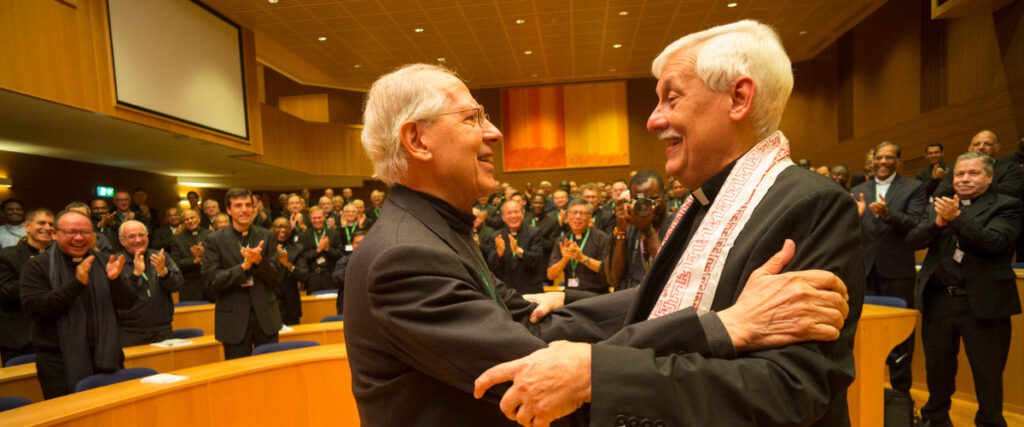
2016 at a glance
4 FEBRUARYOpening of Instituto São João de Brito, the Jesuit teacher education institute in Timor-Lesteread more
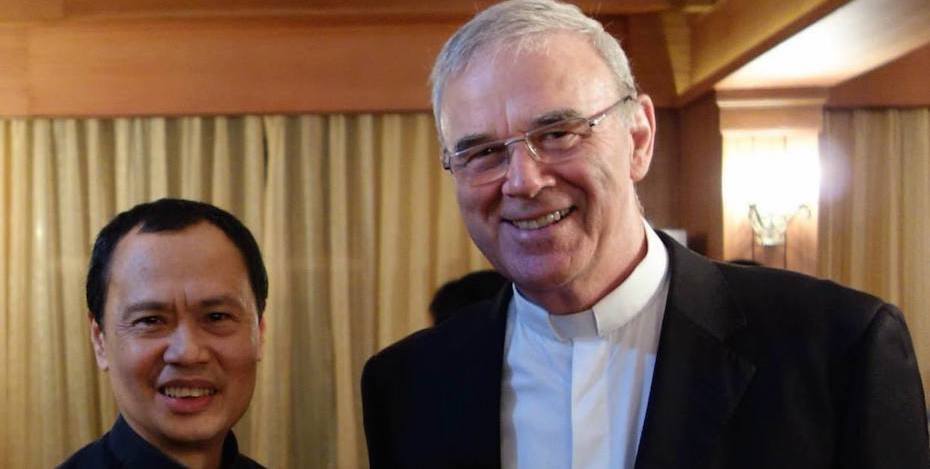
New President named for the Jesuit Conference of Asia Pacific
Fr General Arturo Sosa has appointed Fr Antonio F Moreno to succeed Fr Mark Raper as the next President of the Jesuit Conference of Asia...read more
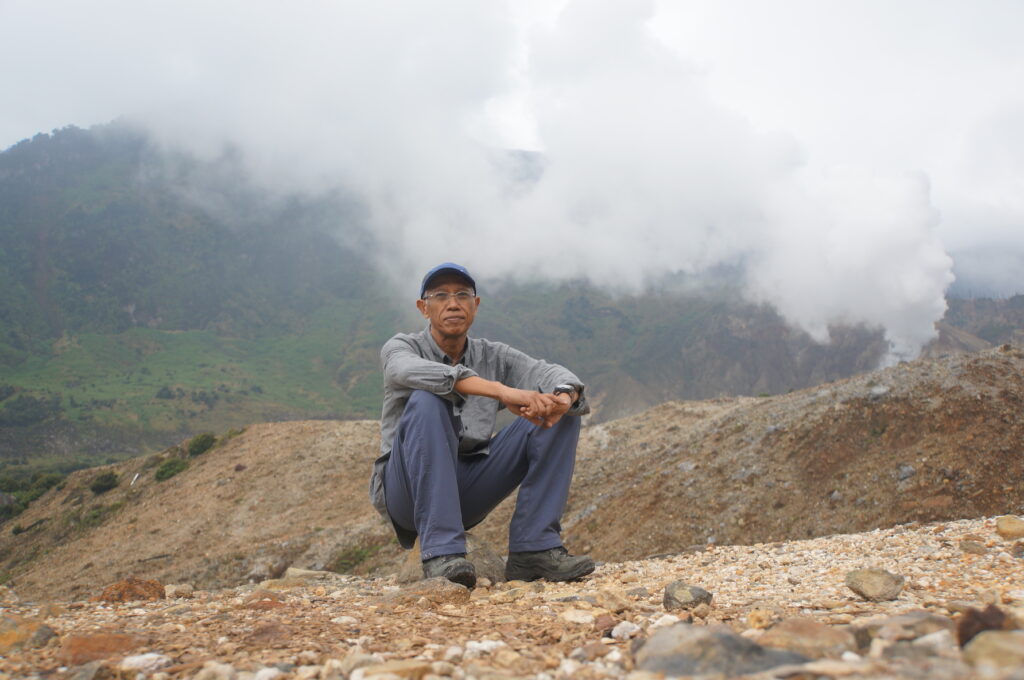
Fr Riyo Mursanto SJ to be Rector of Arrupe International Residence
Fr General Arturo Sosa has appointed Indonesian Jesuit Fr Riyo Mursanto as Rector of Arrupe International Residence in the Philippines. Fr Riyo takes over from...read more
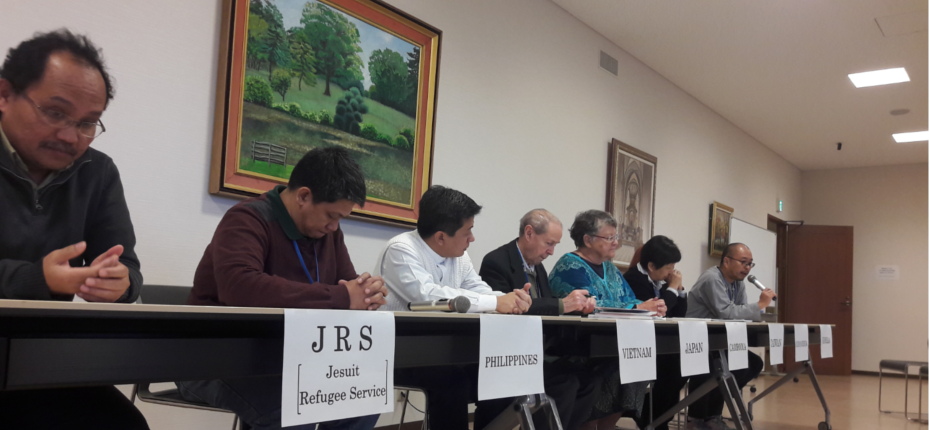
Charting a new course for the migration network
The word “discernment” has become all the rage within Jesuit circles following the 36th General Congregation. Fr General Arturo Sosa has even appointed a special...read more

New Director for the East Asian Pastoral Institute
Fr Peter Pojol SJ has been named as the new Director of the East Asian Pastoral Institute (EAPI) to succeed Fr Arthur Leger SJ who...read more
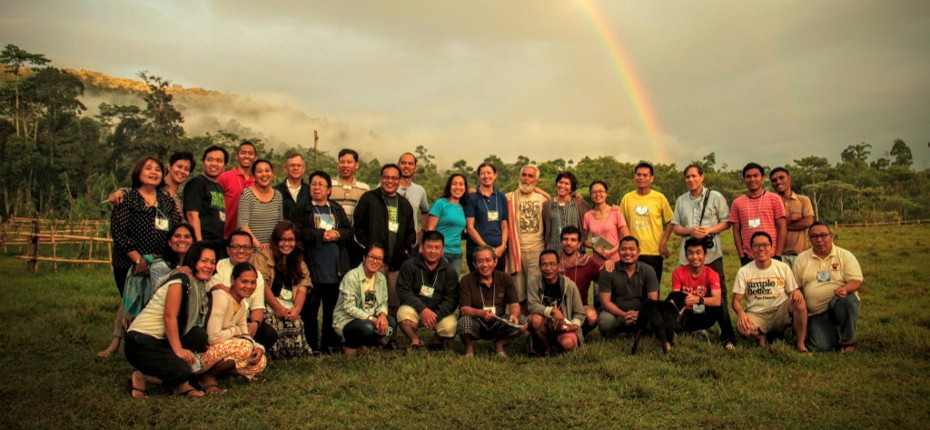
Asia Pacific Jesuits in the time of Laudato si’
Environmental research and ecological action across the Jesuit Conference of Asia Pacific (JCAP) takes many forms, as Jesuit works are only beginning to engage these...read more
